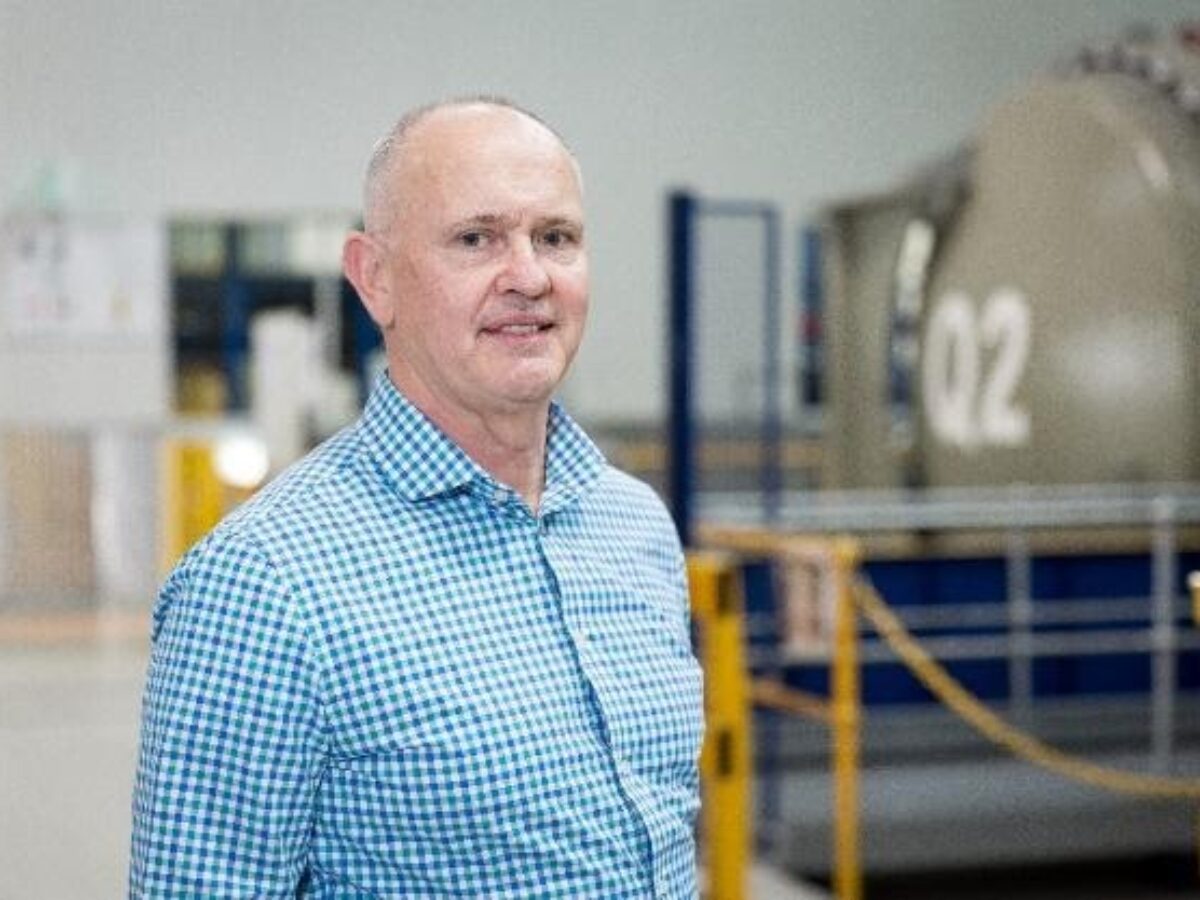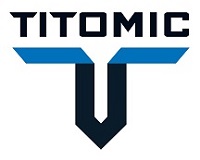Technologies and tools for a manufacturing transformation: Lessons to shape the future by Carl de Koning

On day two of our new series, aimed at helping businesses transform their operations to compete and grow through new tools and technologies, we hear from Carl de Koning. He lays out eight characteristics important to advanced manufacturers.
Over the past 40 years, I have had the privilege of working for three exceptional companies: Air International and Futuris (both automotive) and Quickstep (aerospace.) They have taught me many valuable lessons on how Australian businesses can be successful in domestic and global markets, and these lessons can be applied to the future of manufacturing in Australia.
All three companies started small and have “punched well above their weight” domestically and globally. They exhibit eight characteristics than can be applied to the framework of a thriving Australian advanced manufacturing sector:
- Clear strategies and business plans
- Niche specialisation and solutions focus
- Strong leadership
- Highly skilled and engaged workforces
- Company “first” and “can do” attitudes
- Focus on innovation and technology
- Lean enterprises
- Domestic and global growth ambitions
The re-development and growth of an advanced manufacturing sector in Australia will require a collaborative change in policy, practices and behaviours by governments, businesses, workforces and trade unions.
Clear strategies and business plans
A trait that separates these three businesses from others is their dedication to setting long-term strategic plans. Australia needs to do the same. We need a strategic framework for manufacturing. This requires rigorous analysis of what we are good at, where we can compete, and how we are going to support these areas with policies, plans, funding and long-term commitments, to ensure that these areas of “smart” expertise and capability are relevant, sustainable and enduring.
Niche specialisation and solutions focus
To be successful, companies need to be smart in specialisation and solutions provision. Australia needs to concentrate on industries and products where we have a competitive advantage or a clear need for sovereign capability. We need to develop new business models that support specialised and niche manufacturing in “smart” sovereign sectors, such as health, medical technologies and pharmaceuticals; agri-business; mining; oil, gas and energy; and advanced materials and technologies.
Strong leadership
Inspirational and forthright leadership is needed to guide and focus your business in the right direction and all three companies had this in bucketloads. Australia needs government to lead with a strong policy framework and support structures, and industry and the workforce to support this with new business models, ways of working, and productivity, and a focus on innovation and continuous improvement.
Highly skilled and engaged workforces
“People first” is always the mantra of successful companies. “Employees are our most important asset” is not just a catchphrase, it is the lifeblood and part of the DNA of these companies. Advanced manufacturing is facing significant challenges, due to skills gaps and shortages, particularly with the adoption of new technologies and digitisation. Governments need to support industry in forming partnerships and alliances with the education sector, particularly in the vocational training segment, to address this.
Company “first” and “can do” attitudes
We need to put Australia first and believe that we can do things as well as and often better than others. The growth of the defence sector in Australia has shown us the value of focussing on sovereign industrial capability. The development of the defence sector has been governed by the overarching, 2016 Defence White Paper and its associated policies and plans. It’s now time for a Manufacturing White Paper, with policies and plans for:
- Industry capability development
- Industry skilling and STEM
- Industry participation and Australian content
- Sovereign capability priorities
- Investment programs for capability
- Export and global relevance
Focus on innovation and technology
Business as usual no longer exists and innovation will be critical for Australian manufacturing to succeed. There needs to be a shift in government funding and support from research and development (R&D) to innovation and commercialisation of new products, processes and business models. This cannot be done by businesses alone and will need greater collaboration between industry and academia to get this right.
Lean enterprises
To be globally competitive, companies need to have a continuous focus on cost reduction, operational and administrative efficiencies, and increased productivity. Australia needs to embed efficiency and cost-effectiveness as one of the cornerstones of sovereign capability. This will require new ways of working and a cooperative industrial relations landscape. Australia is already at a disadvantage against low-cost manufacturing countries and we need to compensate for this by developing high-productivity manufacturers.
Domestic and global growth ambitions
To be truly successful, companies need to be able to compete in both their domestic markets and the global marketplace. Australians are well-respected around the globe as practical people, with good all-round capabilities and innovative ideas.
We have seen many start-ups and small Australian businesses develop into globally relevant manufacturing companies in the past (ANCA, Cochlear, ResMed, Sutton Tools, Austal, Orbital etc.) and we are more than capable of leading the world in specialised and niche advanced manufacturing, as long as we develop and support this with a sound framework, strong leadership, a highly skilled and engaged workforce, collaborative innovation and a focus on national sovereignty and resilience.
Carl de Koning is General Manager, Corporate Affairs at Quickstep Holdings Limited, Australia’s largest independent advanced composite components manufacturer, he has a strong background in business development, strategy planning and human resource management, with prior senior management roles in China and Thailand.
@AuManufacturing’s Technologies and tools for a manufacturing transformation series is brought to you with the support of Titomic and the Advanced Manufacturing Growth Centre.

Subscribe to our free @AuManufacturing newsletter here.
Topics Manufacturing News Technology
@aumanufacturing Sections
Analysis and Commentary Awards casino reviews Defence Gambling Manufacturing News Online Casino Podcast Technology Videos





